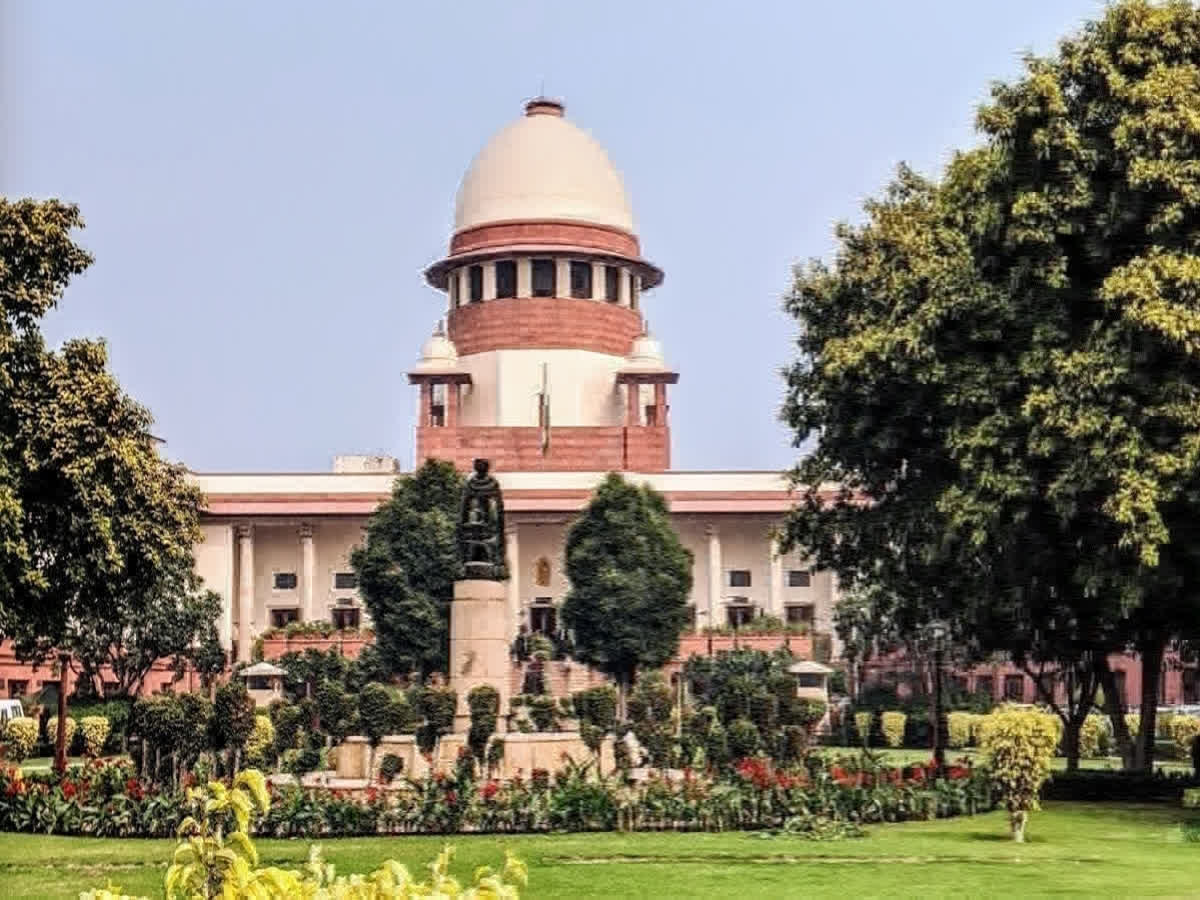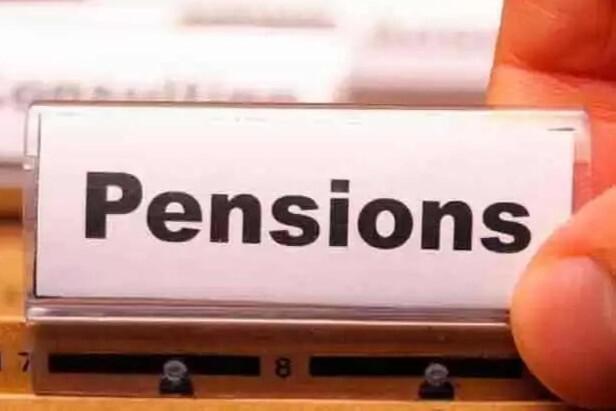Disparities in Pension Reveal Alarming Inequities in Judicial Administration. Supreme Court shocked by the revelation quotes- ” How can it be?”
“Shocking” Pension Discrepancies for Retired Judges, Says SC.
The Supreme Court expressed profound shock on Thursday upon learning that some retired high court judges in India are receiving pensions as low as ₹6,000 to ₹15,000 per month. This revelation emerged during a hearing on a petition filed by a former judge of the Allahabad High Court, who reported an inadequate pension of ₹15,000. This case, presented before a bench comprising Justices B R Gavai, P K Mishra, and K V Viswanathan, has ignited an urgent conversation about the inconsistencies and inadequacies in the judicial pension system and the need for reform.
Retired Judge’s Plea Unveils Grim Reality of Pension Disparities.
The petitioner, a retired high court judge who previously served for 13 years as a district court judicial officer, voiced his distress over the authorities’ refusal to consider his prior judicial service when calculating his pension. His plea highlighted a glaring gap in the judicial pension system, where distinctions are made based on a judge’s career trajectory. The Supreme Court bench responded with alarm, questioning, “If there are retired high court judges before us who are getting ₹6,000 and ₹15,000 as pension, it is shocking. How can that be?”
The case underscores a troubling issue in judicial administration: the disparities in pension amounts between retired judges who were elevated from the bar (practicing lawyers) and those who were elevated from district judiciary roles. According to existing policies, pensions for high court judges do not account for years served as district judges, an approach the Supreme Court has previously criticized as discriminatory.

Inconsistencies in Post-Retirement Benefits Across States.
Justice Gavai observed that the post-retirement facilities and benefits provided to judges vary significantly among states, with some high courts offering much more generous support than others. This inconsistency is emblematic of a larger problem within India’s judicial administration, where retirement provisions are neither standardized nor sufficient, despite the critical role retired judges play in mentoring and contributing to legal scholarship.
The Supreme Court’s pointed reaction underscores the challenges retired judges face, including financial instability and lack of adequate retirement support. This predicament raises questions about the judicial system’s ability to provide for its own, especially for individuals who have dedicated their lives to upholding the law.
A Troubling Picture of Judicial Administration: Need for Reform.
The Supreme Court’s concerns resonate with its earlier stance in March, when it addressed another plea concerning pension benefits for judges. The Court had asserted that there should be no disparity in pension calculations based on a judge’s prior career background, emphasizing that pensionary benefits should reflect the last drawn salary of high court judges, irrespective of their earlier roles as district judges or lawyers. This ruling sought to establish equity in judicial pensions, yet the recent case reveals that this principle remains inconsistently applied.
Such discrepancies cast a shadow over the judicial administration, exposing a system that, paradoxically, appears inequitable and inefficient. For judges who have rendered years, even decades, of public service, the current pension framework represents an unexpected and disheartening end to their careers. The judiciary’s mandate to dispense justice is undermined by a system that fails to support its own members after retirement adequately.
Justice Gavai’s remarks bring to light an urgent need for judicial administrative reforms, where pension systems should be revisited to ensure fair and dignified retirement for all judges. This issue also reflects the larger challenge of ensuring consistency in the welfare provisions across states, where retired judges’ benefits are subject to regional discrepancies and administrative oversight.

Supreme Court Calls for Systematic Change, Sets Hearing for November.
As a response to the petition, the Supreme Court has scheduled a follow-up hearing on November 27, promising further deliberation on this matter. The apex court’s stance indicates a commitment to addressing these systemic gaps and perhaps paving the way for judicial administrative reforms that can bring dignity to retired judges who are currently navigating an uncertain and inadequate pension landscape.
This case serves as a reminder of the overlooked realities faced by retired judges, who, after years of public service, find themselves subject to inconsistent and insufficient pension structures. By spotlighting these issues, the Supreme Court is signaling a call for transformation, urging for a fair, standardized approach to judicial pensions that reflects the value of a judge’s lifelong commitment to the rule of law.
The upcoming hearing may potentially mark the beginning of more comprehensive reform within the judicial pension system, a change that could ensure respect and stability for those who have spent their lives defending the justice system. For the legal fraternity and the broader public, this incident underscores an essential truth: that justice should extend not only to the public but to the very individuals who have served it.

